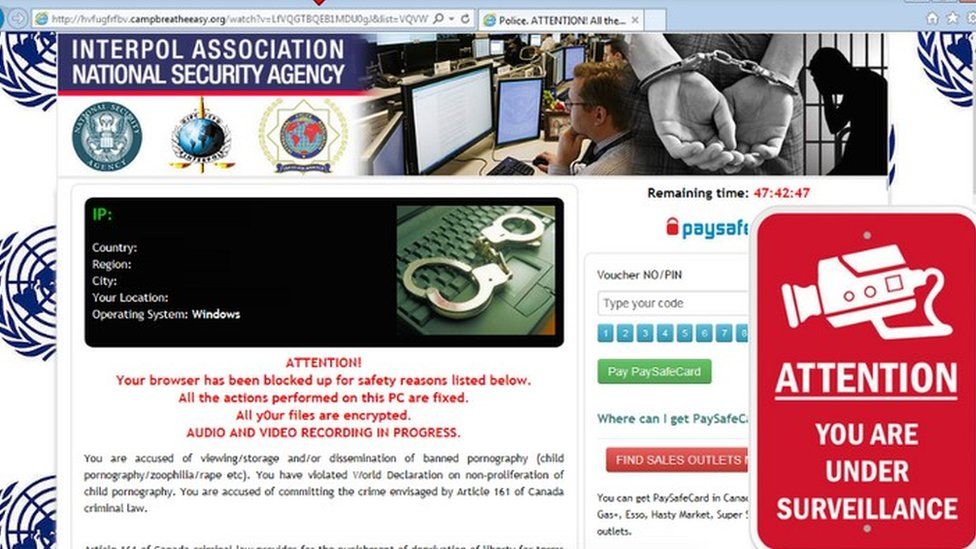Are Gore Websites Illegal? Understanding The Legal And Ethical Implications
Graphic content has always sparked intense debates about legality, ethics, and freedom of expression. Gore websites, which often showcase explicit, violent, or disturbing imagery, sit at the center of this controversy. Are gore websites illegal? This question delves into complex legal frameworks, societal norms, and the boundaries of online content regulation. As we explore this topic, we will uncover the legal status of these websites and their implications on internet freedom.
Gore websites have existed on the internet for decades, attracting both curiosity and criticism. These platforms often host content that includes graphic depictions of violence, accidents, or injuries. While some users argue that such content falls under the umbrella of free speech, others believe it crosses ethical and legal boundaries. Understanding whether these websites violate laws requires a closer examination of national regulations, international agreements, and the principles governing online content.
This article aims to provide a comprehensive analysis of the legality of gore websites. By exploring the legal frameworks, ethical considerations, and societal impacts, we will shed light on the gray areas surrounding these platforms. Whether you're a curious internet user, a legal expert, or someone concerned about online safety, this article will offer valuable insights into the complex world of gore websites.
Read also:Justine Musk Life Beyond The Spotlight Of Elon Musk
Table of Contents:
- Introduction
- What Are Gore Websites?
- Legal Considerations Surrounding Gore Websites
- Ethics and Societal Impacts
- Regulations by Country
- Privacy and Safety Concerns
- Impact on Mental Health
- Internet Censorship and Freedom of Speech
- Long-Term Effects of Gore Websites
- Alternatives and Solutions
- Conclusion
What Are Gore Websites?
Gore websites are online platforms that host graphic content, often depicting violence, accidents, injuries, or death. These sites cater to a niche audience interested in exploring the darker side of human experience. The content may include real-life footage, photos, or even fictional depictions of gore. While some users visit these sites out of curiosity or morbid fascination, others may find them deeply disturbing or offensive.
Types of Content Found on Gore Websites
- Accident footage
- Crime scene photos
- Medical procedures
- Fictional horror content
- Documentaries on violence or war
It's important to note that not all gore websites host illegal content. However, the line between legal and illegal material can be blurry, depending on the jurisdiction and the nature of the content.
Legal Considerations Surrounding Gore Websites
The legality of gore websites varies significantly across different countries and legal systems. In some regions, hosting or distributing certain types of content may be considered a criminal offense, while in others, it may fall under protected speech. Understanding the legal landscape is crucial for both content creators and consumers.
Key Legal Issues
- Obscenity laws
- Child pornography regulations
- Intellectual property rights
- Defamation and privacy violations
For instance, in the United States, the First Amendment protects freedom of speech, but it does not cover obscene or illegal content. Similarly, European countries have stricter regulations regarding hate speech and violent content.
Ethics and Societal Impacts
Beyond legal considerations, the ethical implications of gore websites cannot be ignored. These platforms raise questions about the morality of exposing individuals to disturbing content and the potential impact on society as a whole. Ethical debates often focus on the following:
Read also:Will Wades Potential Move To Nc State A New Era For Wolfpack Basketball
Ethical Concerns
- Respect for victims and their families
- Normalization of violence
- Exploitation of vulnerable individuals
Many argue that gore websites contribute to a culture of desensitization, where viewers become numb to the realities of violence and suffering. This normalization can have long-term effects on societal values and interpersonal relationships.
Regulations by Country
The legality of gore websites differs across the globe, influenced by cultural, legal, and political factors. Below is an overview of how various countries approach the regulation of such content:
United States
In the U.S., gore websites are generally not illegal unless they violate specific laws, such as those related to child exploitation or obscenity. The Supreme Court has consistently upheld the principle of free speech, even when it comes to controversial content.
European Union
The EU has stricter regulations regarding online content, particularly concerning hate speech, terrorism, and violence. Platforms hosting illegal content may face penalties, and website operators are often required to comply with takedown requests.
Asian Countries
Countries like China and Singapore impose heavy restrictions on online content, including gore websites. These nations prioritize social stability and often block access to platforms deemed harmful or inappropriate.
Privacy and Safety Concerns
Gore websites raise significant concerns about privacy and safety, particularly when it comes to unauthorized use of personal images or footage. Victims of accidents or crimes may find their experiences exploited without consent, leading to emotional distress and legal challenges.
Protecting Victims' Rights
- Implementing strict consent policies
- Providing mechanisms for content removal
- Collaborating with law enforcement to address violations
Website operators must prioritize the protection of individuals' privacy and ensure that content is obtained and shared ethically. Failure to do so can result in legal consequences and reputational damage.
Impact on Mental Health
Exposure to graphic content on gore websites can have profound effects on mental health. Research suggests that repeated viewing of violent or disturbing imagery may lead to anxiety, depression, and post-traumatic stress disorder (PTSD). Vulnerable individuals, such as children or those with pre-existing mental health conditions, are particularly at risk.
Signs of Negative Impact
- Increased anxiety or fear
- Difficulty sleeping
- Emotional numbness
Experts recommend limiting exposure to such content and seeking professional help if negative effects are observed. Education and awareness can also play a crucial role in mitigating the risks associated with gore websites.
Internet Censorship and Freedom of Speech
The debate over internet censorship and freedom of speech is central to discussions about gore websites. While some argue that regulating such content is necessary to protect public safety, others believe it infringes on individual rights and stifles free expression.
Striking a Balance
- Defining clear guidelines for acceptable content
- Encouraging self-regulation among platform operators
- Empowering users to make informed choices
Striking a balance between censorship and freedom of speech requires collaboration between governments, technology companies, and civil society. Transparent policies and open dialogue can help address concerns on both sides of the debate.
Long-Term Effects of Gore Websites
The long-term effects of gore websites on individuals and society are still being studied. However, preliminary research indicates potential risks, including desensitization to violence, increased aggression, and erosion of empathy. These effects may manifest differently depending on factors such as age, personality, and exposure levels.
Potential Consequences
- Decreased empathy and compassion
- Normalization of violent behavior
- Impact on social relationships
Addressing these consequences requires a multi-faceted approach, involving education, regulation, and community engagement. By fostering a culture of respect and responsibility, we can mitigate the negative effects of exposure to graphic content.
Alternatives and Solutions
For those seeking alternatives to gore websites, several options exist that prioritize ethical content creation and consumption. These platforms focus on education, awareness, and constructive dialogue rather than shock value or exploitation.
Positive Alternatives
- Educational documentaries on violence prevention
- Platforms promoting mental health awareness
- Support groups for individuals affected by trauma
Encouraging the development of such platforms can help redirect attention away from harmful content and toward more productive and meaningful online experiences.
Conclusion
In conclusion, the question of whether gore websites are illegal cannot be answered with a simple "yes" or "no." The legality of these platforms depends on a variety of factors, including jurisdiction, content type, and regulatory frameworks. While some argue that such content falls under protected speech, others believe it violates ethical and legal boundaries.
To address the challenges posed by gore websites, it is essential to engage in informed discussions, implement effective regulations, and promote responsible content consumption. By doing so, we can strike a balance between protecting individual rights and safeguarding public safety.
We invite you to share your thoughts and experiences in the comments below. Your feedback can help inform others and contribute to a more comprehensive understanding of this complex issue. For further reading, explore our articles on internet safety, mental health, and legal frameworks governing online content.


